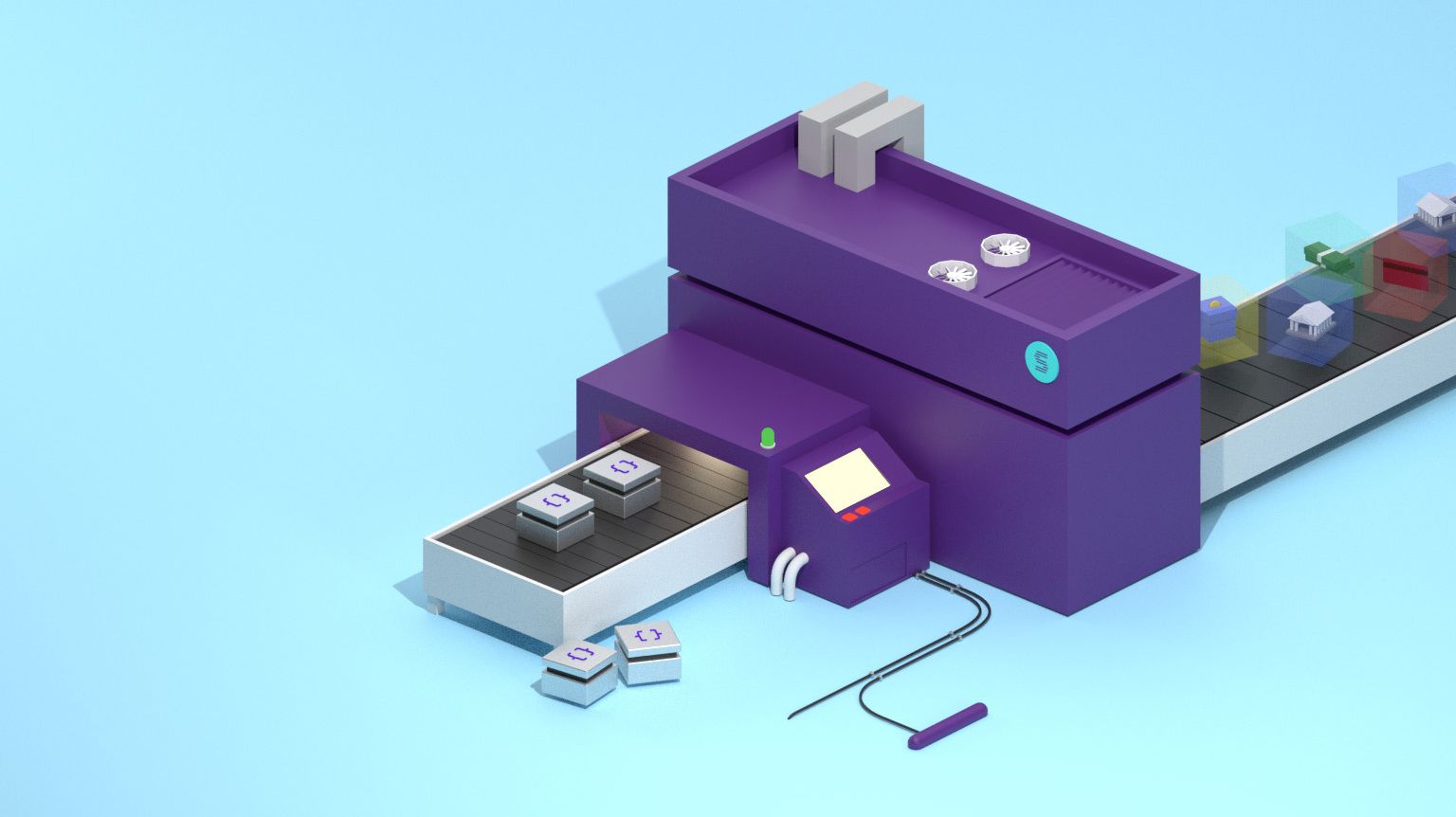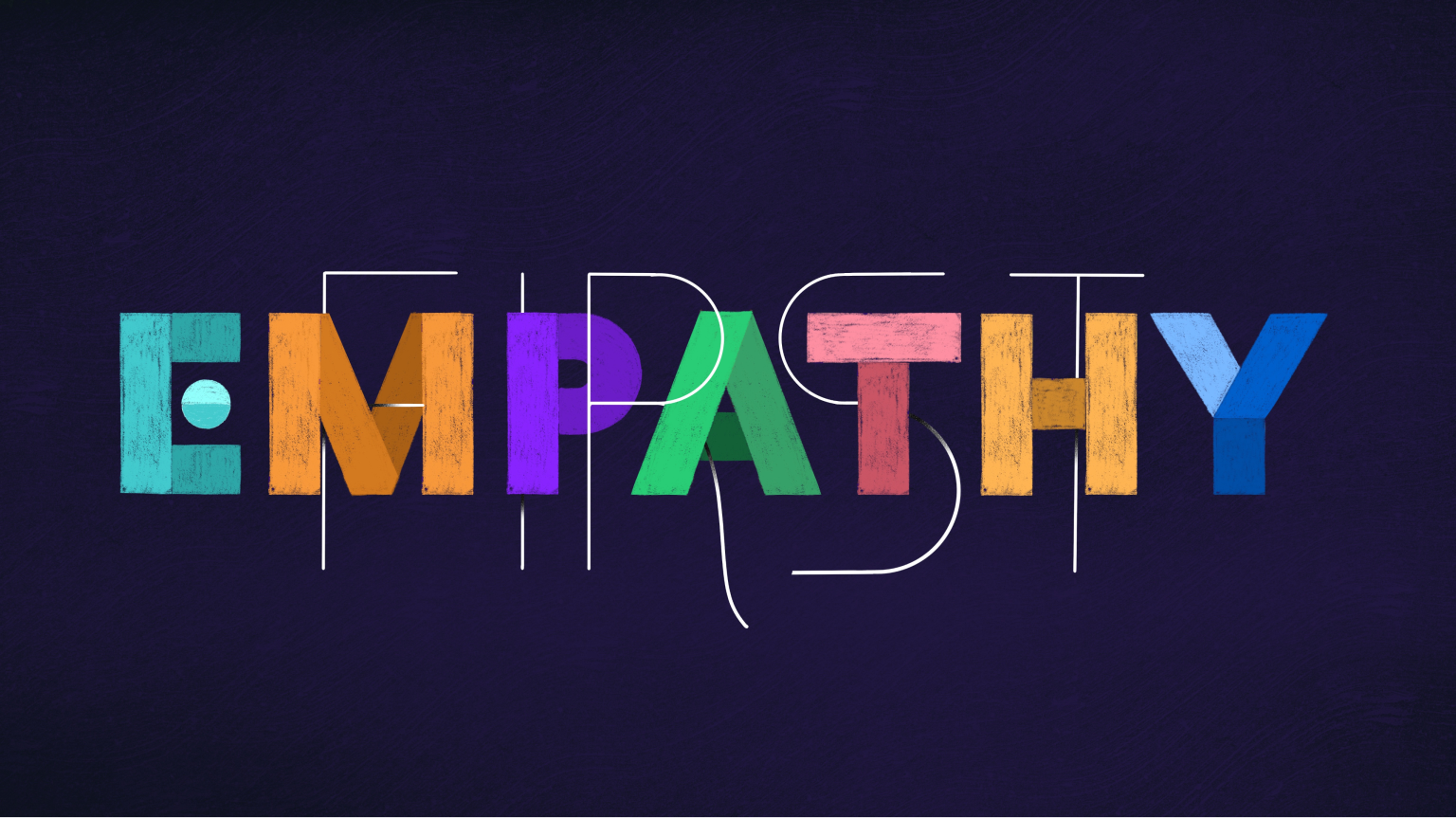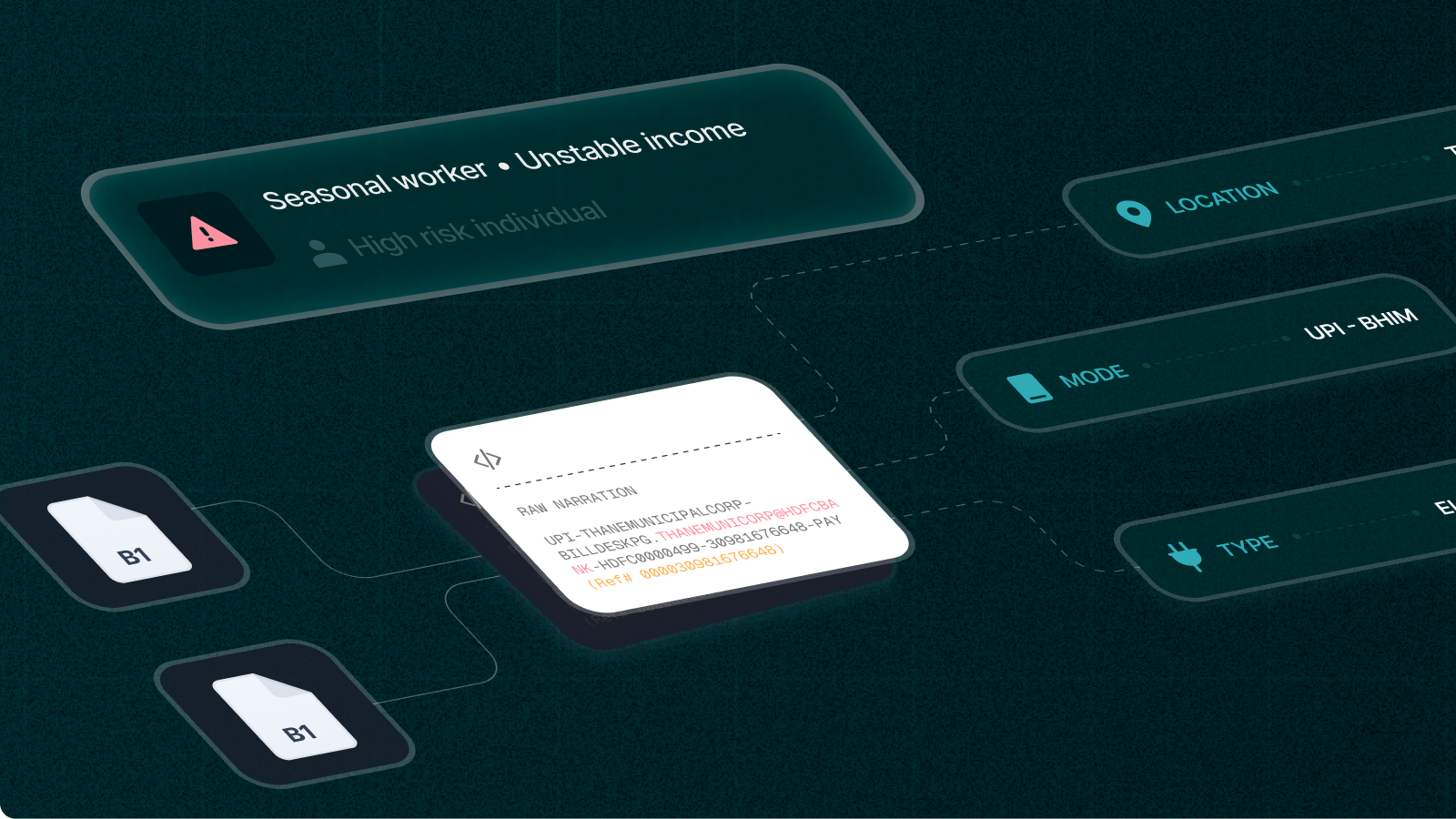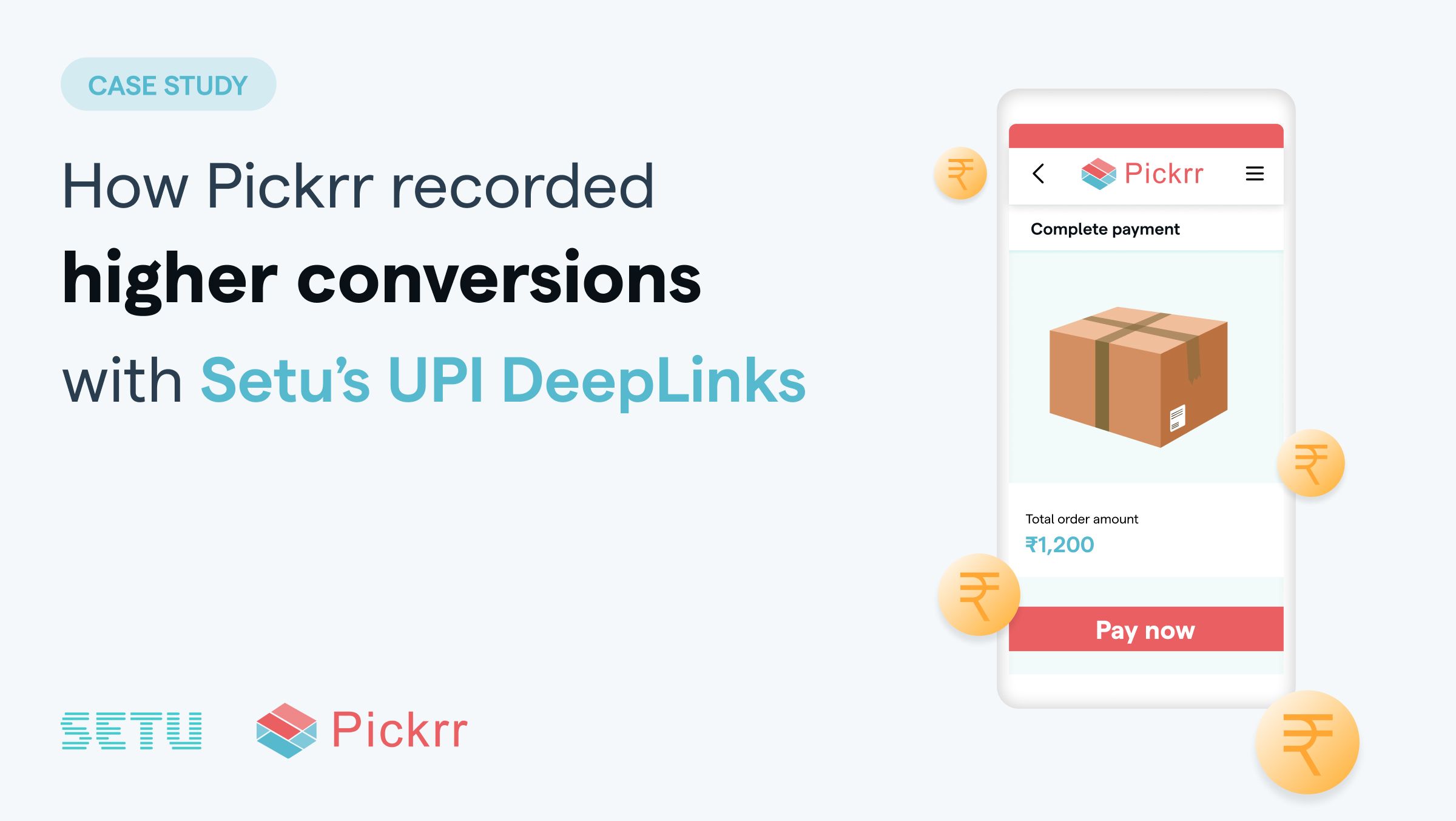Introducing UPI Single Block Multi Debit: Rethinking the Trust Gap in Digital Payments
7 Oct 2025
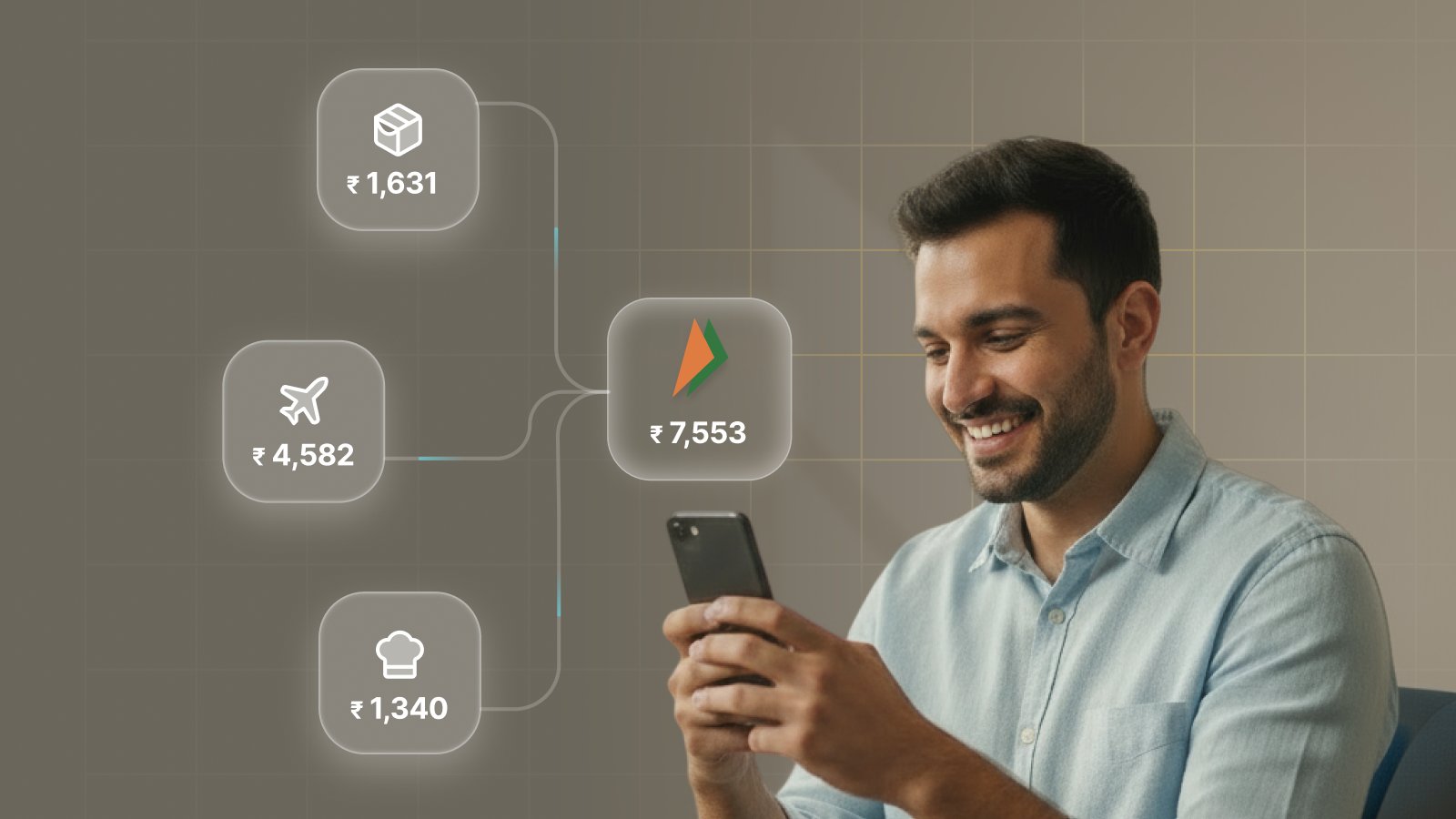
Single Block Multi Debit: Rethinking the Trust Gap in Digital Payments#
Here's a question that's haunted e-commerce for years: Why do more than half of Indian customers still choose cash-on-delivery despite having smartphones, UPI apps, and credit cards? The answer isn't about technology adoption—it's about trust architecture. Customers want to pay after they've held the product in their hands. Meanwhile, merchants watch billions evaporate through RTO losses, cash handling costs, and reconciliation nightmares.
We've been trying to solve this with better payment gateways and faster refunds, but we've been asking the wrong question. The real issue isn't how people pay, but when payment certainty locks in. Traditional digital payments demand upfront commitment—money leaves your account before the product reaches your doorstep. COD reverses this but creates operational chaos for merchants. We've been stuck in a false binary: either customers trust blindly, or merchants shoulder all the risk.
The Solution: Decoupling Authorization from Execution
Introducing UPI Single Block Multi Debit#
#
UPI Single Block Multi Debit does something deceptively simple—it separates the moment you commit to pay from the moment money actually moves. It draws a parallel from cards, but enables auth with multiple captures. When you checkout on an e-commerce platform, we block funds from either your savings account or credit card. Here's where it gets interesting: if you're using a savings account, your money stays in your account earning interest while blocked. If you're using a credit card, you don't need any money upfront—you're leveraging your credit limit instead. But here's the crucial part: the actual charge only executes when you accept delivery.
Customers get their COD-like "pay after seeing the product" experience, while merchants get guaranteed payment security. The customer can't revoke the mandate from their UPI app, yet they can't be charged without confirmed delivery. It's trust, architected differently. No more choosing between customer convenience and merchant protection—you can have both.
Two Use Cases, One Paradigm Shift#
For e-commerce, this means genuine pay-on-delivery without cash logistics. No more delivery executives carrying cash, no more payment gateway failures post-delivery, no more RTO losses from customers refusing to pay. Merchants eliminate cash handling costs while customers get the trust framework they've always wanted—with their money still working for them until the moment of actual delivery.
For in-app purchases—think streaming & micro-transactions—customers pre-authorize a spending limit once, and we enable frictionless charges within that boundary. Buy a limited series, premium content, merchandise—all without repeated PIN entries. SBMD enables immersive experience where customers get access to content & pay for it all in one click. Refunds become instant fund releases, not 5-7 day bank transfers. Are we finally solving payments, or just asking better questions about trust? What if the future of digital commerce isn't about faster transactions, but smarter timing?
